May 27, 2024 – Thunder Bay, Ont.
Lakehead University will celebrate the achievements of over 1,900 graduates at its Thunder Bay campus convocation ceremonies on May 30 and 31.
“I am so proud of our graduates,” said President and Vice-Chancellor Dr. Gillian Siddall. “Over the last four years they have experienced an unprecedented educational journey - one of extreme challenges but also immense victories. These experiences have shaped who they are today and who they will be in the world. Congratulations to the class of 2024!”
In addition to celebrating the graduating class of 2024, Lakehead will honour five exceptional individuals for their significant contributions to their fields and communities.
Rosie Mosquito, Dr. Samantha Nutt and Patricia Ningewance Nadeau will each be conferred an honorary degree for their extraordinary achievements and remarkable service. Murray Walberg and Dr. Jaroslav Kotalik will each be named a Fellow of the University for their unique contributions to the growth and development of the university.
“The Lakehead community is looking forward to acknowledging the life’s work of this year’s honorary degree recipients and fellows - people who have made vital contributions to their local and global communities,” said Dr. Siddall. “We look forward to hearing from our honorary degree recipients, who will share their wisdom with our graduates as they move on to the next phase of their lives.”
Honorary Degree Recipients
Rosie Mosquito
Doctor of Humane Letters
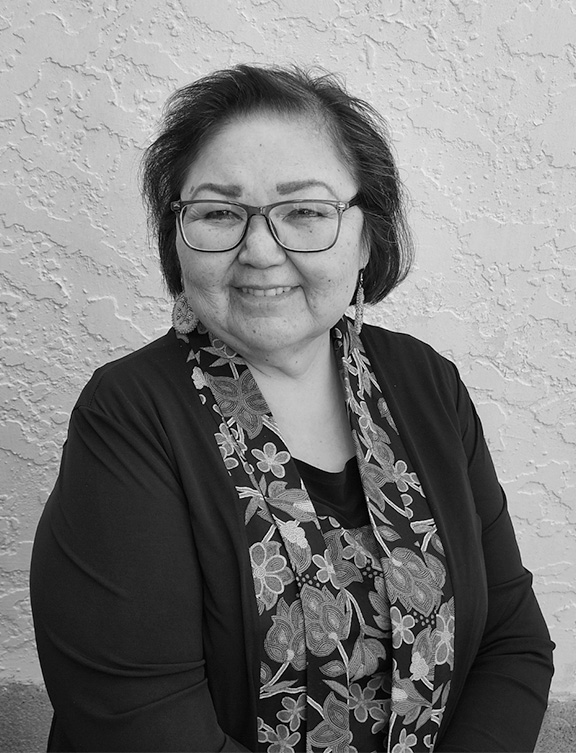 A proud member of the Bearskin Lake First Nation, Rosie has devoted her life to community development, political advocacy, and the advancement of Indigenous rights. She was the first female chief in the western part of Nishnawbe Aski Nation (NAN) in 1986, marking a milestone in Indigenous leadership.
A proud member of the Bearskin Lake First Nation, Rosie has devoted her life to community development, political advocacy, and the advancement of Indigenous rights. She was the first female chief in the western part of Nishnawbe Aski Nation (NAN) in 1986, marking a milestone in Indigenous leadership.
Throughout her career, Rosie navigated the intricacies of government, leveraging her expertise to champion Indigenous causes. Notably, Rosie served as the Executive Director of NAN from 1994 to 1996. She held pivotal roles, including Senior Policy Advisor to the Ontario Regional Chief and Executive Director of NAN's Oshki Wenjack Education Training Institute from 2004 to 2018.
She actively participates in NAN, Chiefs of Ontario and the Assembly of First Nations, advocating for legislative and policy reforms and community empowerment. One of Rosie's proudest achievements is the passing of the Indigenous Institutes Act 2017 that was negotiated during the nine years she was the Chair of the Indigenous Institute Consortium.
The degree of Doctor of Humane Letters will be conferred on Thursday, May 30 at the 9 a.m. ceremony.
Dr. Samantha Nutt
Doctor of Humane Letters
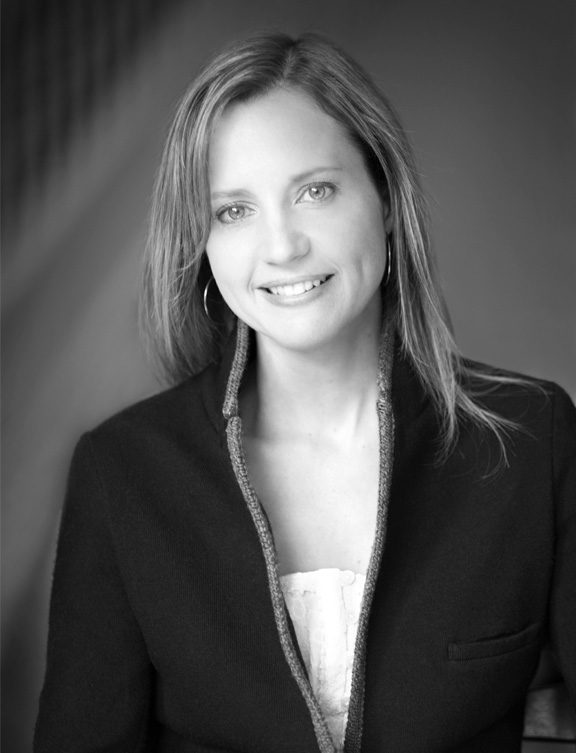 Dr. Samantha Nutt is an award-winning humanitarian, bestselling author and the Founder and President of War Child USA and War Child Canada. For over two decades, she has worked with children and their families at the frontline of many of the world’s major crises - from Iraq to Afghanistan, Somalia to the Democratic Republic of Congo, and Sierra Leone to Darfur, Sudan. A leading authority on public health, war, international aid and foreign policy, Dr. Nutt is a highly acclaimed public speaker in North America.
Dr. Samantha Nutt is an award-winning humanitarian, bestselling author and the Founder and President of War Child USA and War Child Canada. For over two decades, she has worked with children and their families at the frontline of many of the world’s major crises - from Iraq to Afghanistan, Somalia to the Democratic Republic of Congo, and Sierra Leone to Darfur, Sudan. A leading authority on public health, war, international aid and foreign policy, Dr. Nutt is a highly acclaimed public speaker in North America.
Dr. Nutt is a staff physician at Women’s College Hospital in Toronto and an Assistant Professor in the Department of Family and Community Medicine at the University of Toronto. A recipient of the Order of Canada, Canada’s highest civilian honour, Dr. Nutt’s international work has benefited millions of war-affected children globally.
The degree of Dr. Nutt will receive an Honorary Doctor of Humane Letters will be conferred on Thursday, May 30 at the 2 p.m. ceremony.
Patricia Ningewance Nadeau (Waabibizhikiikwe)
Doctor of Humane Letters
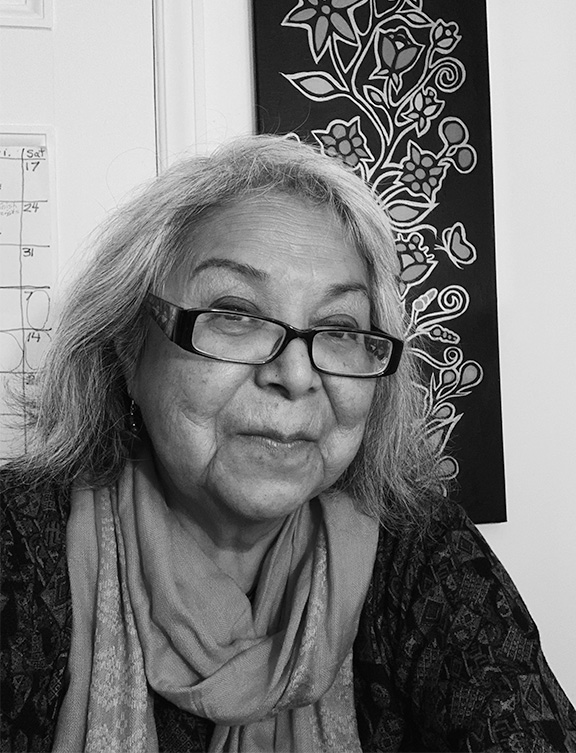 Waabibizhikiikwe is Bear Clan from Lac Seul First Nation and a residential school survivor. She is a translator, Ojibwe author, and teacher. Her company, Mazinaate, has been publishing Indigenous language books and resources since 1998 - a total of 15 titles in all. An assistant professor at the University of Manitoba, she is actively involved in promoting and preserving the Ojibwe language.
Waabibizhikiikwe is Bear Clan from Lac Seul First Nation and a residential school survivor. She is a translator, Ojibwe author, and teacher. Her company, Mazinaate, has been publishing Indigenous language books and resources since 1998 - a total of 15 titles in all. An assistant professor at the University of Manitoba, she is actively involved in promoting and preserving the Ojibwe language.
Her grandson Aandeg Muldrew speaks and teaches Ojibwe. Her son Maeengan Linklater is a director of operations at Dakota Ojibwe Tribal Council and is a producer of the Ojibwe language versioning for the Star Wars film “A New Hope”. Her husband Ron Nadeau is a former lawyer who is a future fluent speaker of Ojibwe. She was honoured with the Order of Canada in 2022.
The degree of Doctor of Humane Letters will be conferred on Friday, May 31 at the 9 a.m. ceremony.
Fellow
Murray Walberg
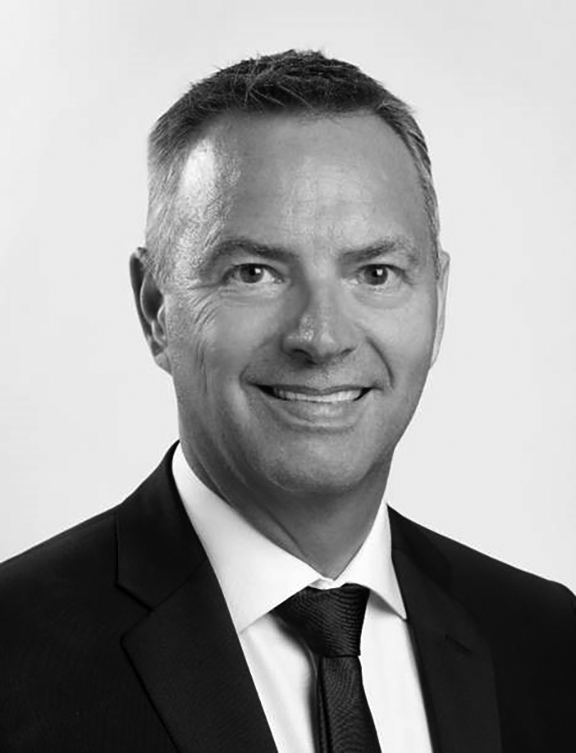 Murray Walberg has been an ambassador for Lakehead University for more than 20 years, including his time as a member of the Board of Governors (2010-2018) during which he spent two years as Chair. Murray’s dedication has been pivotal to making Lakehead a strong and vibrant institution—from his most recent efforts shaping the University’s future capital campaign to supporting student scholarships and learning to successfully championing the internationalization of the University.
Murray Walberg has been an ambassador for Lakehead University for more than 20 years, including his time as a member of the Board of Governors (2010-2018) during which he spent two years as Chair. Murray’s dedication has been pivotal to making Lakehead a strong and vibrant institution—from his most recent efforts shaping the University’s future capital campaign to supporting student scholarships and learning to successfully championing the internationalization of the University.
A 35 year veteran of RBC, he has had the opportunity to dedicate himself in a variety of roles and businesses. He has facilitated a relationship between RBC and Lakehead that includes the creation of the innovative RBC Work Integrated Learning program for students. Murray is committed to helping communities prosper and he’s been active with many Northwestern Ontario organizations and boards including the United Way, the Thunder Bay Regional Health Sciences Centre, Synergy North, the Thunder Bay International Airport Authority, NOSM and the Northwestern Ontario Innovation Centre.
The title of Fellow of the University will be bestowed on Thursday, May 30 at 9 a.m.
Dr. Jaroslav Kotalik, MD, M.A, DMRT, FRCPC
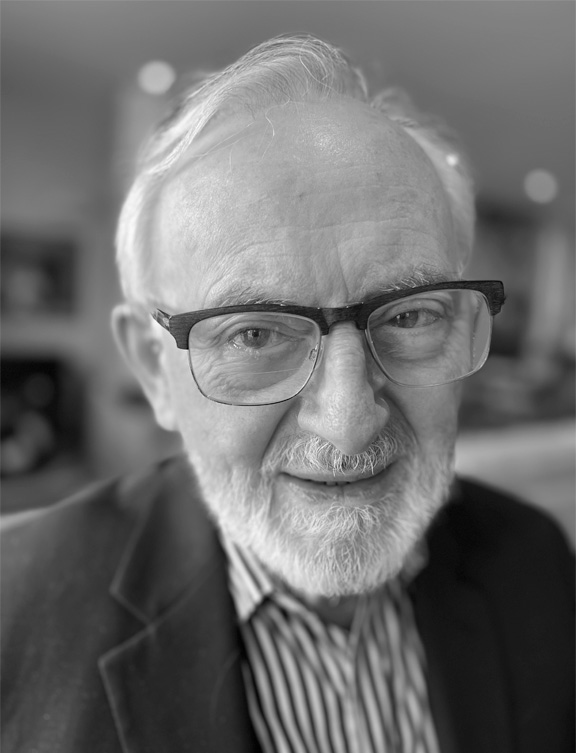 Dr. Jaro Kotalik is a physician-bioethicist, chair and founding director of the Centre for Health Care Ethics at Lakehead University. His experience as a practicing oncologist and CEO of the Thunder Bay Regional Cancer Centre informed his vision to establish a firm grounding in healthcare ethics in Thunder Bay and the region's academic and healthcare institutions. The Centre's continued growth, with its 25 institutional members; its expanding research and education; and two bioethicists serving our area testify to a vision fulfilled.
Dr. Jaro Kotalik is a physician-bioethicist, chair and founding director of the Centre for Health Care Ethics at Lakehead University. His experience as a practicing oncologist and CEO of the Thunder Bay Regional Cancer Centre informed his vision to establish a firm grounding in healthcare ethics in Thunder Bay and the region's academic and healthcare institutions. The Centre's continued growth, with its 25 institutional members; its expanding research and education; and two bioethicists serving our area testify to a vision fulfilled.
Dr. Kotalik, who is also a professor at NOSM University, has been influential beyond Northwestern Ontario. He was a member of the Biomedical Ethics Committee of the Royal College of Physicians and Surgeons and the National Council for Ethics in Human Research. He has been a bioethics consultant to many organizations, including Health Canada and the Swiss National Bioethics Committee. He is a prolific author of scientific papers and a co-editor of the groundbreaking book, "Medical Assistance in Dying in Canada: Key Multidisciplinary Perspectives" (2023), the first comprehensive examination of this program.
The title of Fellow of the University will be bestowed on Thursday, May 30 at 2 p.m.
For more information, visit lakeheadu.ca/convocation.



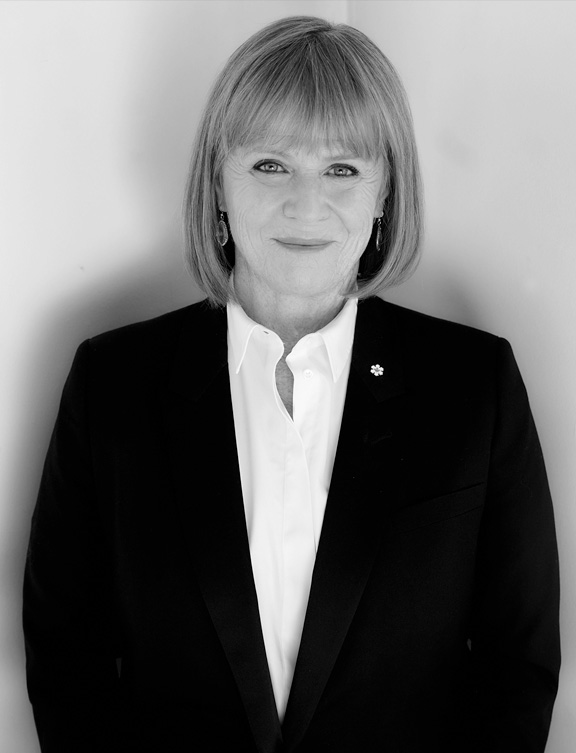 Valerie Pringle enjoyed a distinguished career as a broadcaster for 50 years. She was a well-known anchor of two national news programs - Midday on CBC and Canada AM on CTV where she covered major stories of the day, from national elections and Royal weddings to space launches and the Olympics. Valerie is currently host and producer of Canada Files on PBS.
Valerie Pringle enjoyed a distinguished career as a broadcaster for 50 years. She was a well-known anchor of two national news programs - Midday on CBC and Canada AM on CTV where she covered major stories of the day, from national elections and Royal weddings to space launches and the Olympics. Valerie is currently host and producer of Canada Files on PBS.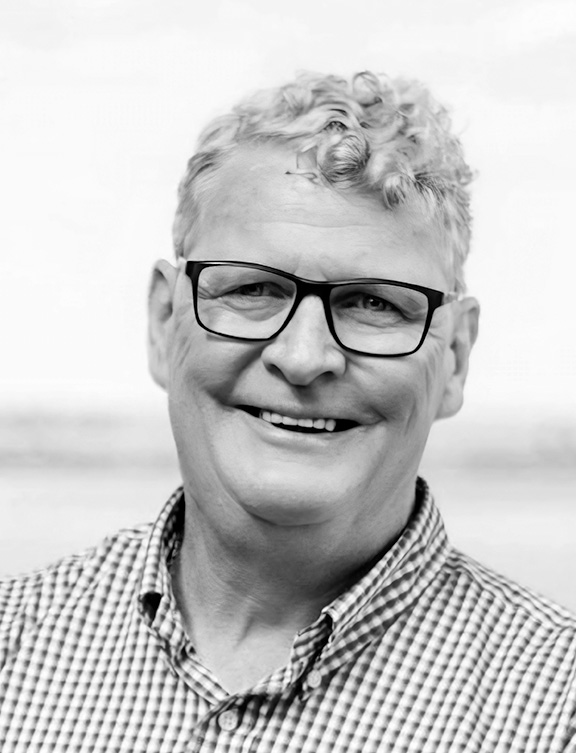 Steve Clarke, prominent local business leader and former mayor of Orillia, is an advocate for Lakehead University. He was engaged in strong lobbying activities for provincial government support of the Orillia Campus and the Lakehead University-Georgian College Partnership. As mayor, he consistently supported and promoted the University through his public platform. Through his business, Brewery Bay Food Co., Steve is actively involved in Lakehead’s Humanities 101 program, hosting fundraising events and providing meals for students.
Steve Clarke, prominent local business leader and former mayor of Orillia, is an advocate for Lakehead University. He was engaged in strong lobbying activities for provincial government support of the Orillia Campus and the Lakehead University-Georgian College Partnership. As mayor, he consistently supported and promoted the University through his public platform. Through his business, Brewery Bay Food Co., Steve is actively involved in Lakehead’s Humanities 101 program, hosting fundraising events and providing meals for students.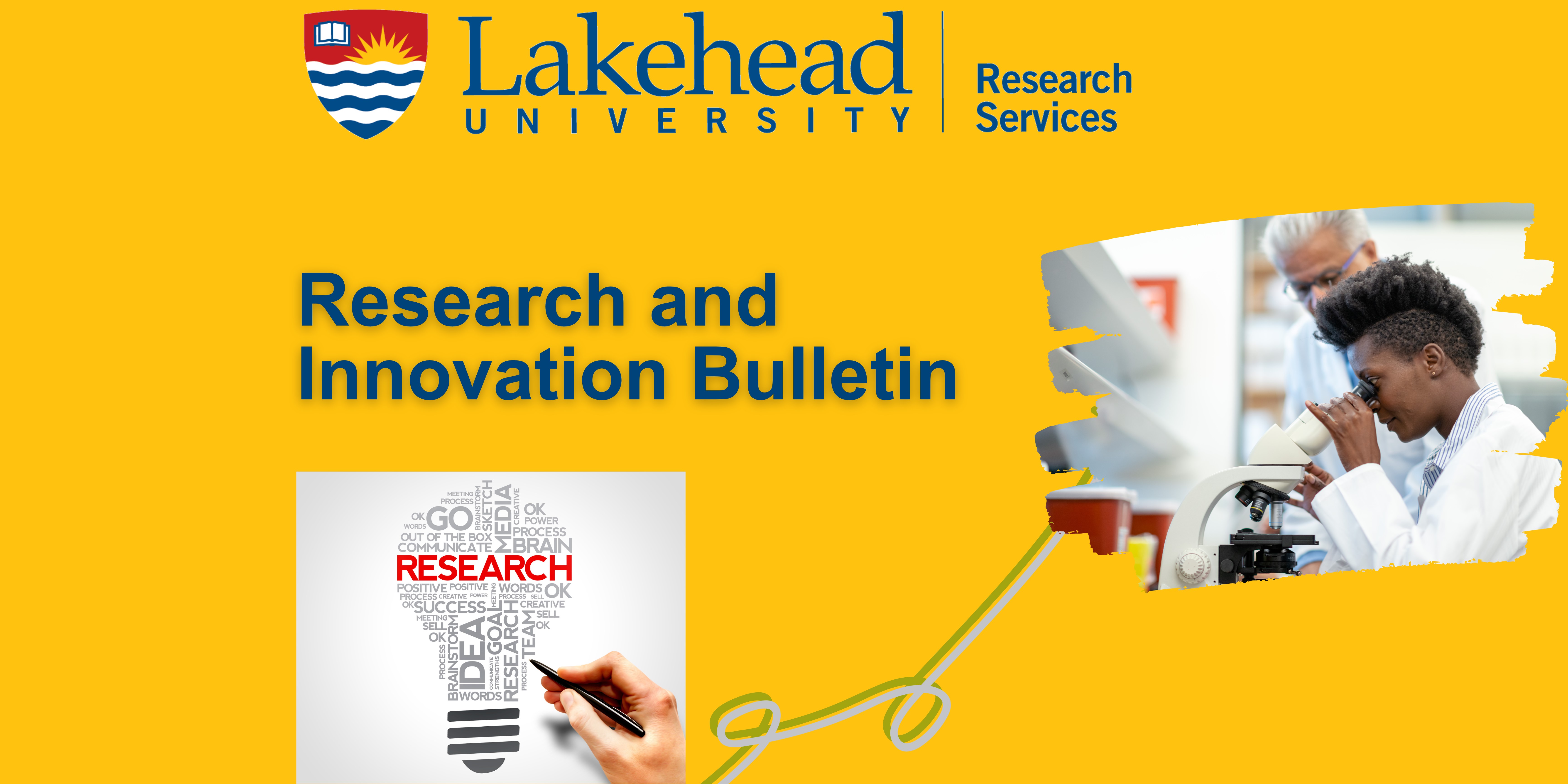

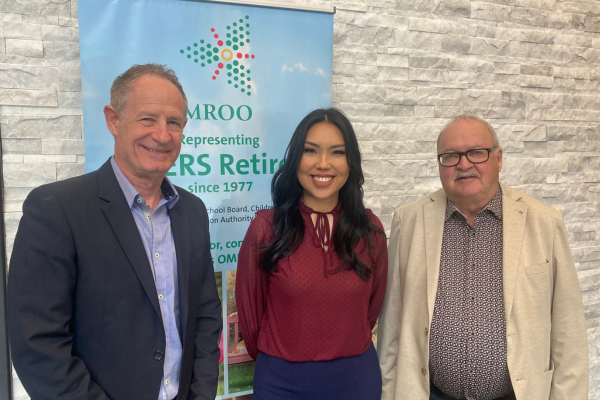
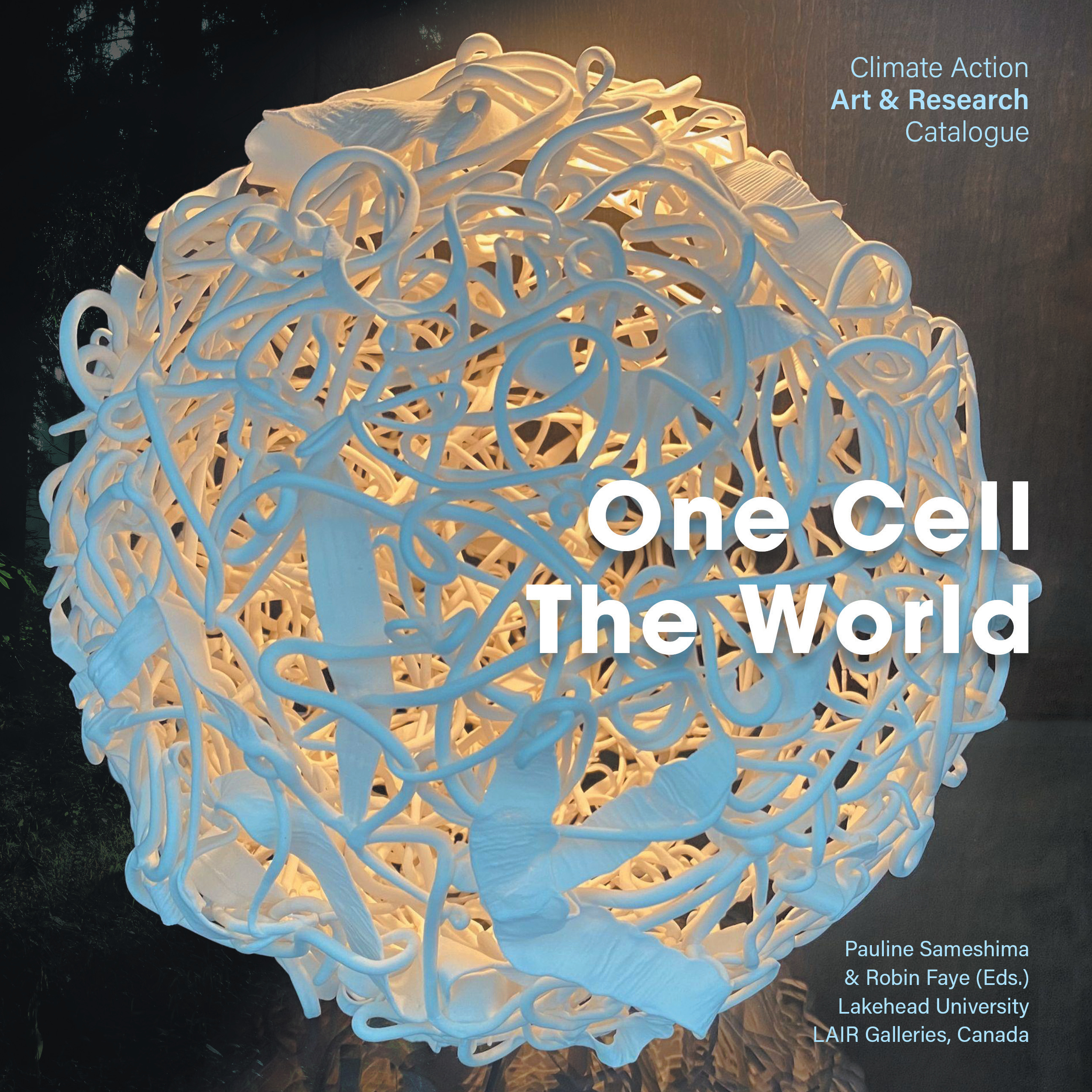 Around the world, individuals and groups are rallying to draw attention to the climate emergency. Curated by Dr. Pauline Sameshima, professor in the Faculty of Education, and Robin Faye, One Cell, The World is a research-art catalogue on climate action from the Lakehead Galleries featuring essays, poetry, art, videos, music, and more, from diverse communities on the climate crisis.
Around the world, individuals and groups are rallying to draw attention to the climate emergency. Curated by Dr. Pauline Sameshima, professor in the Faculty of Education, and Robin Faye, One Cell, The World is a research-art catalogue on climate action from the Lakehead Galleries featuring essays, poetry, art, videos, music, and more, from diverse communities on the climate crisis.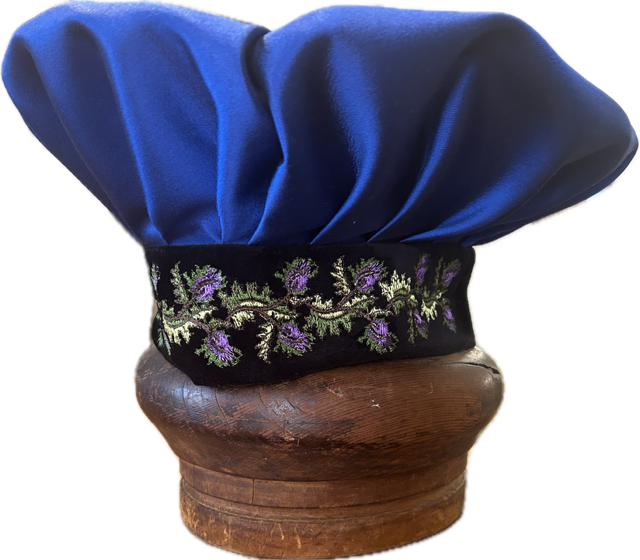 Fashion designer
Fashion designer 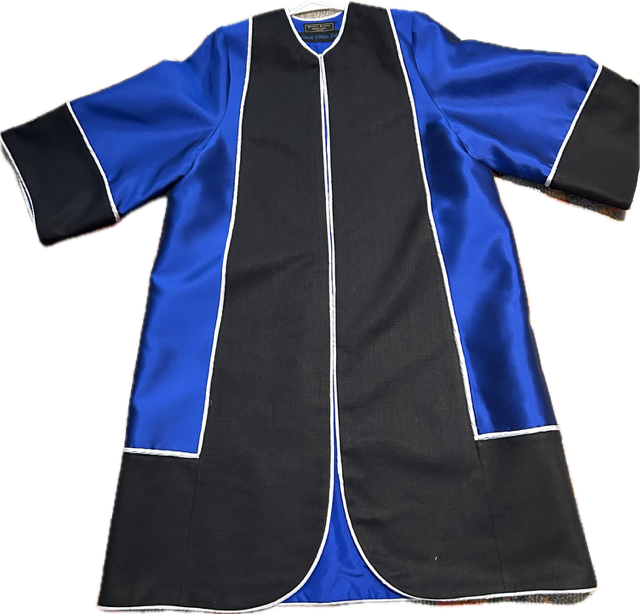 “Dr. Siddall was the first person I’ve worked with to incorporate Indigenous art into convocation robes—she’s a pioneer,” Beverli says. “Before then, the regalia was very stuffy and conventional.”
“Dr. Siddall was the first person I’ve worked with to incorporate Indigenous art into convocation robes—she’s a pioneer,” Beverli says. “Before then, the regalia was very stuffy and conventional.”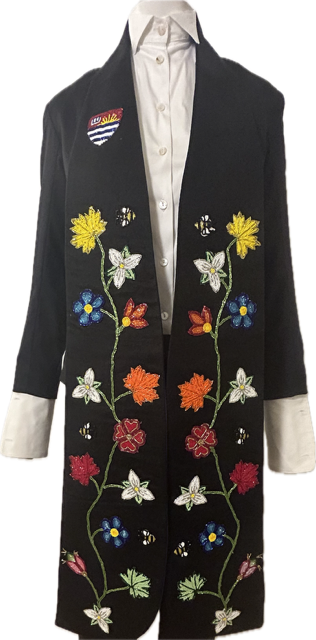 Melissa Benson, a member of the Chippewas of Rama First Nation, has created the beaded sash that Dr. Siddall will wear for the convocation ceremonies at Lakehead Orillia.
Melissa Benson, a member of the Chippewas of Rama First Nation, has created the beaded sash that Dr. Siddall will wear for the convocation ceremonies at Lakehead Orillia.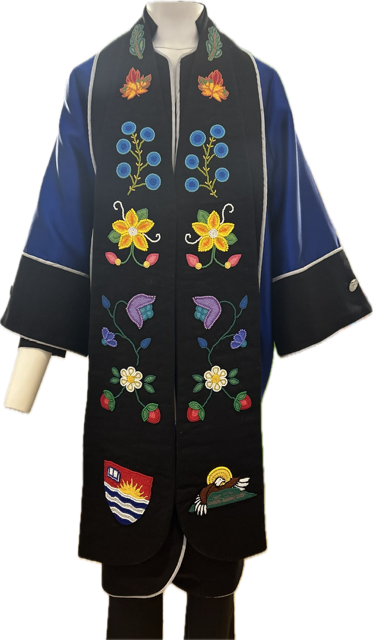 The sash for the Lakehead Thunder Bay convocation ceremonies has been created by Anishinaabe advocate Daanis Pelletier (she/her) from Fort William First Nation.
The sash for the Lakehead Thunder Bay convocation ceremonies has been created by Anishinaabe advocate Daanis Pelletier (she/her) from Fort William First Nation. A proud member of the Bearskin Lake First Nation, Rosie has devoted her life to community development, political advocacy, and the advancement of Indigenous rights. She was the first female chief in the western part of Nishnawbe Aski Nation (NAN) in 1986, marking a milestone in Indigenous leadership.
A proud member of the Bearskin Lake First Nation, Rosie has devoted her life to community development, political advocacy, and the advancement of Indigenous rights. She was the first female chief in the western part of Nishnawbe Aski Nation (NAN) in 1986, marking a milestone in Indigenous leadership. Dr. Samantha Nutt is an award-winning humanitarian, bestselling author and the Founder and President of War Child USA and War Child Canada. For over two decades, she has worked with children and their families at the frontline of many of the world’s major crises - from Iraq to Afghanistan, Somalia to the Democratic Republic of Congo, and Sierra Leone to Darfur, Sudan. A leading authority on public health, war, international aid and foreign policy, Dr. Nutt is a highly acclaimed public speaker in North America.
Dr. Samantha Nutt is an award-winning humanitarian, bestselling author and the Founder and President of War Child USA and War Child Canada. For over two decades, she has worked with children and their families at the frontline of many of the world’s major crises - from Iraq to Afghanistan, Somalia to the Democratic Republic of Congo, and Sierra Leone to Darfur, Sudan. A leading authority on public health, war, international aid and foreign policy, Dr. Nutt is a highly acclaimed public speaker in North America. Waabibizhikiikwe is Bear Clan from Lac Seul First Nation and a residential school survivor. She is a translator, Ojibwe author, and teacher. Her company, Mazinaate, has been publishing Indigenous language books and resources since 1998 - a total of 15 titles in all. An assistant professor at the University of Manitoba, she is actively involved in promoting and preserving the Ojibwe language.
Waabibizhikiikwe is Bear Clan from Lac Seul First Nation and a residential school survivor. She is a translator, Ojibwe author, and teacher. Her company, Mazinaate, has been publishing Indigenous language books and resources since 1998 - a total of 15 titles in all. An assistant professor at the University of Manitoba, she is actively involved in promoting and preserving the Ojibwe language. Murray Walberg has been an ambassador for Lakehead University for more than 20 years, including his time as a member of the Board of Governors (2010-2018) during which he spent two years as Chair. Murray’s dedication has been pivotal to making Lakehead a strong and vibrant institution—from his most recent efforts shaping the University’s future capital campaign to supporting student scholarships and learning to successfully championing the internationalization of the University.
Murray Walberg has been an ambassador for Lakehead University for more than 20 years, including his time as a member of the Board of Governors (2010-2018) during which he spent two years as Chair. Murray’s dedication has been pivotal to making Lakehead a strong and vibrant institution—from his most recent efforts shaping the University’s future capital campaign to supporting student scholarships and learning to successfully championing the internationalization of the University.  Dr. Jaro Kotalik is a physician-bioethicist, chair and founding director of the Centre for Health Care Ethics at Lakehead University. His experience as a practicing oncologist and CEO of the Thunder Bay Regional Cancer Centre informed his vision to establish a firm grounding in healthcare ethics in Thunder Bay and the region's academic and healthcare institutions. The Centre's continued growth, with its 25 institutional members; its expanding research and education; and two bioethicists serving our area testify to a vision fulfilled.
Dr. Jaro Kotalik is a physician-bioethicist, chair and founding director of the Centre for Health Care Ethics at Lakehead University. His experience as a practicing oncologist and CEO of the Thunder Bay Regional Cancer Centre informed his vision to establish a firm grounding in healthcare ethics in Thunder Bay and the region's academic and healthcare institutions. The Centre's continued growth, with its 25 institutional members; its expanding research and education; and two bioethicists serving our area testify to a vision fulfilled.